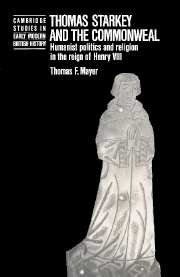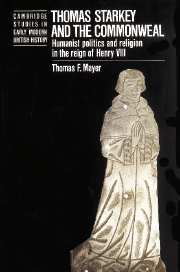Pulpits, Politics and Public Order in England, 1760–1832
This book explores the relationship between religion and politics in England from the accession of George III to the First Reform Bill, considering the political and social ideas of Catholics, Anglicans, Methodists, Dissenters, deists and atheists. It examines the effect of the French Revolution on Christian political and social theory as well as reactions to the American Revolution, riots and disorder, economic and social education, secularisation, 'Blasphemy and Sedition', the growth of atheism, and the Reform of the Constitution in 1826–32. Major figures such as Burke, Paine, Wollstonecraft, Coleridge, Bentham and Wesley are considered, but popular, everyday arguments are also analysed. The book examines Christian views on political obligation and the right of rebellion, and suggests that religion was used as a means of social control to maintain public order and stability in a rapidly changing society.
Product details
No date availableHardback
9780521364867
340 pages
228 × 152 × 24 mm
0.648kg
Table of Contents
- Acknowledgements
- List of abbreviations
- Introduction
- Part I. Pre-Revolution, 1760–1789:
- 1. Christian political theory
- 2. The religious context
- 3. The political context
- 4. The philosophical context
- 5. Case study I: William Paley
- 6. Secularisation and social theory
- Part II. Revolution, 1789–1804:
- 7. The political and social context
- 8. Political theory and the rights of man
- 9. Social theory and the nature of man
- 10. Christianity, infidelity and government
- 11. Case study II: Samuel Horsley
- Part III. Post-Revolution, 1804–1832:
- 12. Political and social theory
- 13. Establishment and social control
- 14. Blasphemy and sedition
- 15. Case study III: William Hone
- 16. Emancipation and reform
- Conclusion
- Bibliographical appendix
- Bibliography
- Index.










